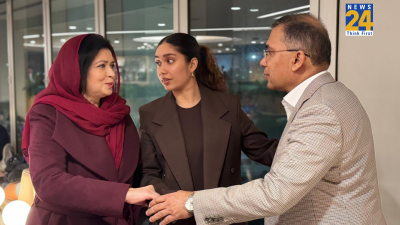Joseph Rutakangwa had a vision of acquiring on-ground data directly from consumers who live all over Africa in order to obtain the purest and most accurate data on their consumption patterns. Today, he is the co-founder and CEO of Rwazi, a company that does exactly that.
By building a network of young Africans all over the continent, Rwazi was able to collect valuable information that can be used by organizations, companies, and institutions to better understand local consumer psychographics and how they can tweak their services or products in order to serve the public better.
The company has amassed over 20,000 local consumers, called mappers, all of whom are educated and have access to the internet so that they are able to refresh the database with live updates.
What has started out as a means to collect information has expanded into a network that offers various companies an opportunity to access difficult-to-get data from growing markets. Rwazi has recently joined in a collaboration with Kuishi Smart in order to obtain health data from Central Africa, as well as a platform for patients, doctors, and pharmacists to connect.
Data is becoming increasingly valuable in how businesses operate. By obtaining data directly from consumers, businesses are able to better understand their preferences, budgets, spending, motivations, and movements, to make changes to their products or services so that they better meet the needs of their existing and prospective customers. Rwazi data has also been used by financial services companies that are now able to roll out incentives, new offerings, and tweak their products based on the data they receive directly from entrepreneurs, employees, and other earners
“Reducing unemployment has always been one of my goals and I sought to do that with Rwazi. By creating gigs that anyone with general education can do, data collection gigs contribute to society and help companies grow, and we’ve already taken more than 20,000 young Africans into the workforce.” Explains the founder of Rwazi, “While the end goal is to create 10 million gigs by 2025, which means that we are always adding new mappers to our network, we also provide resources for our mappers to use their gig earnings to grow their careers or entrepreneurial endeavors.”
To facilitate this program, the company invested in KrediblePro, a startup that cross-checks and verifies references. Their collaboration will give Rwazi mappers job opportunities, as companies will be able to hire from the pool of qualified candidates in Rwazi’s database.
The data market opportunity in Africa is by itself a massive opportunity, but Rwazi isn’t about to stop in Africa. The company has also expanded to India, which saw over 3,000 mappers joining the platform in the last three months. Further, the company has launched pilots in Latin America starting with Colombia.
Developing countries often do not rank very high when it comes to modern technology implementations, which means that many institutions and organizations that require data from these countries are unable to acquire them. Rwazi is the link between the modern and developed world and developing countries in Africa, Asia, and Latin America.













